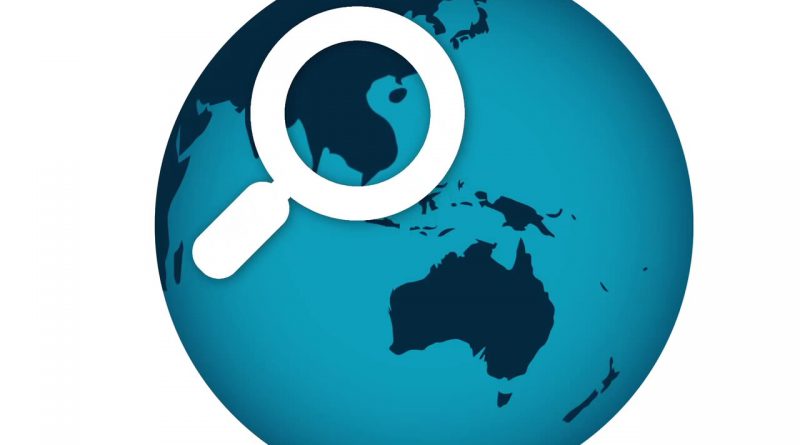Research: blockchain to boost trade finance by $1 Trillion
Research says that blockchain can cover the current $1.5 trillion-dollar supply-demand gap in trade finance by allowing small and medium enterprises in emerging markets to access credit and financing more easily.
The SMEs sector is suffering most from access to credit and yet it has ample room to grow according to the research. Thus removing the cap preventing growth would help a lot in boosting trade finance. Further, blockchain-based trade finance platforms would prove more helpful for Asian economies because they account for 7 percent ($105 billion) of the trade finance gap. The Asian markets also dominate the global transactions in supply chains, at 75 percent.
The new research conducted by the World Economic Forum and Bain & Company says that global businesses will be able to add $1 trillion in trade finance transactions. The trade finance industry is expected to grow to $2.4 trillion by 2025 according to the Asian Development Bank.
However, there is a $1.5 trillion trade finance gap arising from limited access to credit and loans for SMEs that want to expand. Blockchain can help with this because distributed networks can share business records across financial institutions along supply chains. This would bring transparency to business credibility.
Further, blockchain-based trade finance would, this way, help to lower fees and mitigate credit risk as well as remove barriers to trade. For instance, it would help automate processes as well as allow exporters, importers, banks, truckers, shippers, customs agents and regulators to do immediate verification on unified platforms thus saving massive costs and time needed for transactions and verification.
A number of blockchain trade finance platforms have already been launched in the recent past with IBM leading the way. HSBC and ING have also launched trade finance expected to serve the Asian markets as has the Hong Kong Monetary Authority (HKMA) and the Monetary Authority of Singapore (MAS) who launched the Hong Kong Trade Finance Platform (HKTFP).
The report recognizes that much remained to be done to facilitate and ease international trade and global value chains even though they play an important role in creating wealth for nations. It says that "archaic processes" act as barriers for SMEs.


